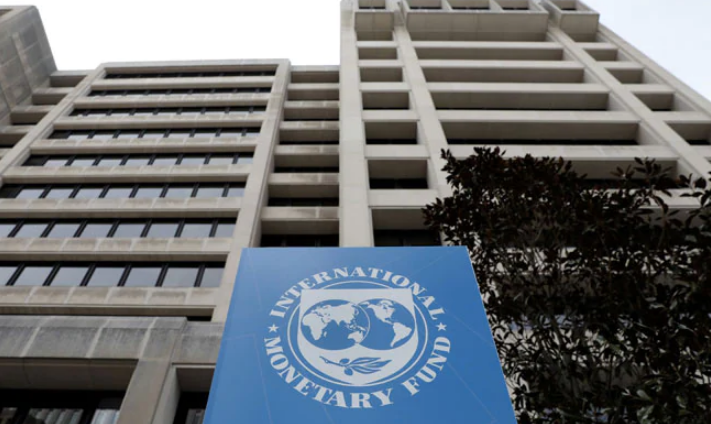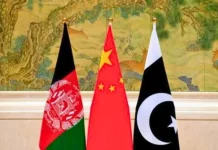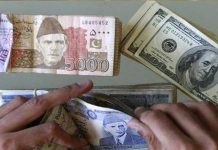WASHINGTON: Pakistan needs to undertake energy reforms and opt for renewable energy sources, said a senior US official, stressing that reforms suggested by the International Monetary Fund (IMF) would help Islamabad break the “vicious circle of debt and international financing”.
Principal Deputy Assistant Secretary Elizabeth Horst, who heads the Bureau of South and Central Affairs at the State Department, emphasised the need to implement reforms to meet future challenges.
Caretaker Prime Minister Anwaarul Haq Kakar is expected to discuss the economic crisis with US and IMF officials when he meets them in New York later this month. His delegation also includes the finance minister.
“These are tough economic times — in Pakistan, in the United States, and around the world,” said Ms Horst when asked how Washington could help Islamabad avoid an economic collapse. “We are working every day to help Pakistan make progress on economic reforms that will make it more competitive and better prepared to meet future challenges,” she added.
The US official then underlined recent US efforts to help ease the pressure of economic distress, including assistance for the victims of last year’s devastating floods, which includes more than $215 million for emergency shelter, disaster relief, and food.
“At the same time, we are building for the future helping Pakistan move from recovery to resilience. Through the US-Pakistan Green Alliance, we are making strategic investments in energy, water, and agriculture that strengthen climate resilience, drive forward energy transformation, and foster inclusive economic growth,” she said.
Underlining the need to encourage foreign investments in Pakistan, she said, “We want to see Pakistan succeed in an increasingly competitive market for US trade and investment. It is no secret that there are huge upsides for both countries when US companies invest in Pakistan.”
US investments in Pakistan create high-paying, 21st-century jobs, offer training and skill development for workers, and help ensure respect for international labour standards, she said.
Without mentioning investments by other nations, such as China, which Washington claims has increased Pakistan’s debt burden, the official said, “US companies bring investment, not loans, and they give back to local communities through corporate social responsibility initiatives. That’s why it’s so important that Pakistan makes progress on economic reforms – to instil the confidence and certainty needed for companies to invest.”
When reminded that consumers in Pakistan were refusing to pay their electricity bills because they could not and because of an agreement with the IMF the government cannot lower the bills, she said with global economic conditions driving up commodity prices, many countries were grappling with high inflation and its “very real impacts on people’s lives and livelihoods.” But she defended the IMF-backed programmes. “One of the things people frequently overlook is that the IMF is working to help Pakistan make needed reforms to break free from a vicious cycle of debt and international financing,” she said. “Reform in the energy sector has been needed for a long time. And there are actually programmes in place to help mitigate the burden on the poorest.”
Acknowledging that “it is a universal truth that no one likes paying more bills”, she warned: “Without energy sector reform, Pakistan’s entire economy will continue to struggle” and “we, and Pakistan’s other friends, are here to support Pakistan’s efforts in that regard.”
Such reforms, however, “will take strong leadership and patience, but without making these changes on issues like taxation and investment, for example, Pakistan will not be able to stand on its two feet,” the US official said.
The IMF programme, she said, was only a part of the reforms that Pakistan needs to take. “A prosperous, economically stable Pakistan marked by inclusive growth that provides opportunity to future generations is in the Pakistan people’s interest, and in our interest as well,” Ms Horst explained. –Agencies






